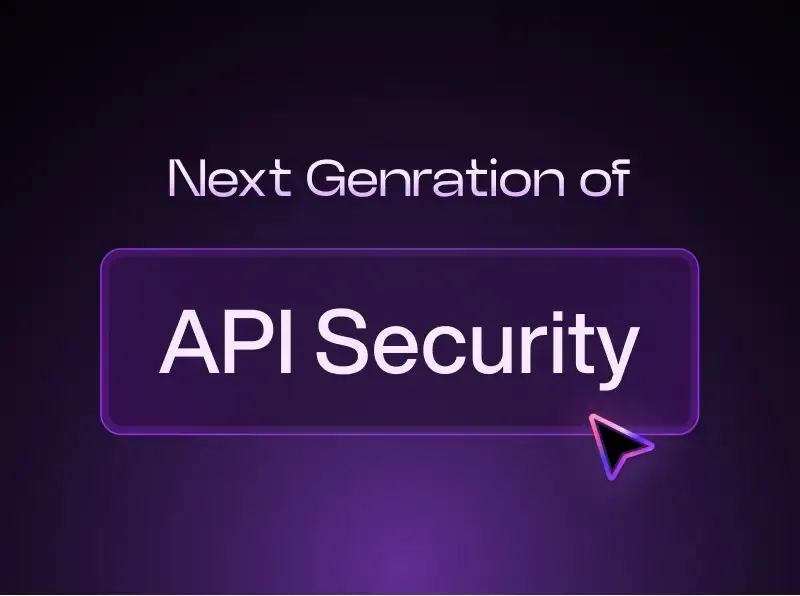
How AI is Shaping the Next Generation of API Management
In the digital era, APIs (Application Programming Interfaces) have become the backbone of modern software development, enabling seamless integration between applications, platforms, and services. As the complexity of API ecosystems grows, artificial intelligence (AI) is playing a crucial role in transforming API management. From security enhancements to predictive analytics, AI-driven solutions are revolutionizing how organizations design, deploy, and maintain APIs.
AI-Driven API Security
One of the most critical aspects of API management is security. Traditional security measures, such as static rule-based firewalls and API gateways, are often insufficient in preventing sophisticated cyber threats. AI-powered security mechanisms can detect anomalies, identify potential threats, and respond in real time. By using machine learning algorithms, AI can analyze historical data, recognize patterns, and predict potential breaches before they occur. This proactive approach significantly reduces the risk of API attacks, data leaks, and unauthorized access.
Automated API Lifecycle Management
Managing the full lifecycle of an API—from design to deployment and retirement—can be complex and time-consuming. AI enhances API lifecycle management by automating many of these processes. For instance, AI-powered tools can generate API documentation, automate version control, and even suggest code optimizations. Additionally, AI-driven chatbots and virtual assistants help developers troubleshoot API issues and streamline debugging processes.
Predictive Analytics for API Performance Optimization
Performance monitoring is another area where AI is making a significant impact. Traditional API monitoring tools rely on predefined thresholds and alerts, which may not be sufficient for identifying performance bottlenecks in real time. AI-powered predictive analytics can analyze API usage trends, detect potential performance issues before they escalate, and recommend optimizations. By leveraging AI, organizations can ensure high availability, reduced downtime, and an improved user experience.
Intelligent API Governance
With the increasing number of APIs within organizations, maintaining governance and compliance can be challenging. AI-driven governance solutions can automate compliance checks, enforce security policies, and ensure regulatory adherence. By utilizing natural language processing (NLP) and AI-based analytics, organizations can gain deeper insights into API usage patterns, detect policy violations, and optimize API governance strategies.
AI-Powered API Marketplaces
The rise of API marketplaces has transformed how developers discover and integrate APIs. AI plays a crucial role in these marketplaces by providing personalized recommendations, enabling intelligent search, and predicting API adoption trends. AI-driven analytics help organizations understand API consumption patterns, optimize pricing models, and improve overall API discoverability.
Conclusion
The integration of AI into API management is not just a trend; it is a fundamental shift that enhances security, automates processes, optimizes performance, and improves governance. As organizations continue to expand their API ecosystems, leveraging AI-driven solutions will be essential in staying ahead of the curve. By embracing AI in API management, businesses can unlock new opportunities, improve efficiency, and create more robust digital experiences.
No headings found








